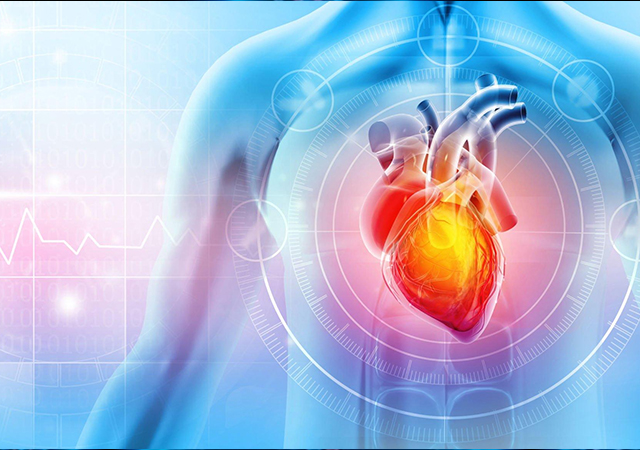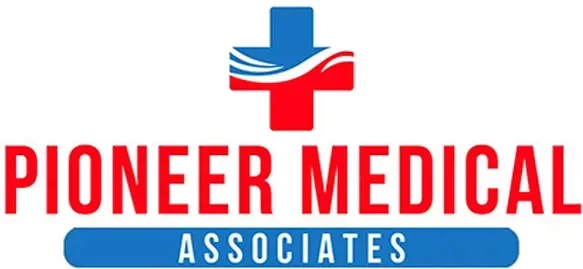
Should I call for an ambulance if I have chest pain?
You should call for an ambulance (in the US call 9-1-1) if the pain:
- Is new or severe
- Happens along with shortness of breath
- Lasts more than a few minutes
- Gets worse when you walk, climb stairs, or do other types of physical activity
- Scares or worries yo
Is heart attack the only cause of chest pain?
No. Chest pain can be caused by lots of other problems. Examples include:
- Heart problems other than a heart attack, such as infection around the heart
- Muscle soreness after an activity that involves the chest muscles
- Diseases that cause pain, such as arthritis
- Shingles (herpes zoster), a condition linked to the chickenpox virus that also causes a painful rash
- Any kind of injury to the chest, including surgery
- Digestive problems like heartburn, acid reflux, stomach ulcers, or irritable bowel syndrome
- Problems in the lungs, such as pneumonia or blood clots
- Mental health problems, such as panic disorder or depression
- Weakening of the lining of the big blood vessel in the chest (called the aorta
What will happen if I go to the emergency department?
The staff in the emergency department will do an exam. They will also run tests to try to find the cause of your pain. But don’t be surprised if you do not find out right away why you have pain. The cause of chest pain is not always easy to find. Even so, doctors can usually tell if your heart is in trouble.
Some tests are done right away in the emergency department. The goal is to figure out as quickly as possible if something serious is causing your chest pain. Other tests are done after this, in the hospital.
Tests might include:
This test measures the electrical activity in your heart . It can help doctors find out if you are having a heart attack.
- Electrocardiogram (“ECG”) – This test measures the electrical activity in your heart . It can help doctors find out if you are having a heart attack.
- Blood tests – During a heart attack, the heart releases certain chemicals. If these chemicals are in your blood, it might mean you are having a heart attack.
- Chest X-ray – This can show some of the problems that can cause chest pain.
- Stress test – During a stress test, you might be asked to run or walk on a treadmill while you also have an ECG . Physical activity increases the heart’s need for blood. This test helps doctors see if the heart is getting enough blood. If you cannot walk or run, your doctor might give you a medicine to make your heart pump faster.
- Cardiac catheterization (also called “cardiac cath”) – During this test, the doctor puts a thin tube into a blood vessel in your leg or arm. Then, they move the tube up to your heart. Next, the doctor puts a dye that shows up on X-ray into the tube. This part of the test is called “coronary angiography.” It can show whether any of the arteries in your heart are clogged.
- Echocardiogram – This test uses sound waves to create an image of your heart as it beats. During a heart attack, not all parts of the heart pump normally.
- CT scan – This is a special kind of X-ray. Your doctor might use this to look at the blood vessels going to your heart.
